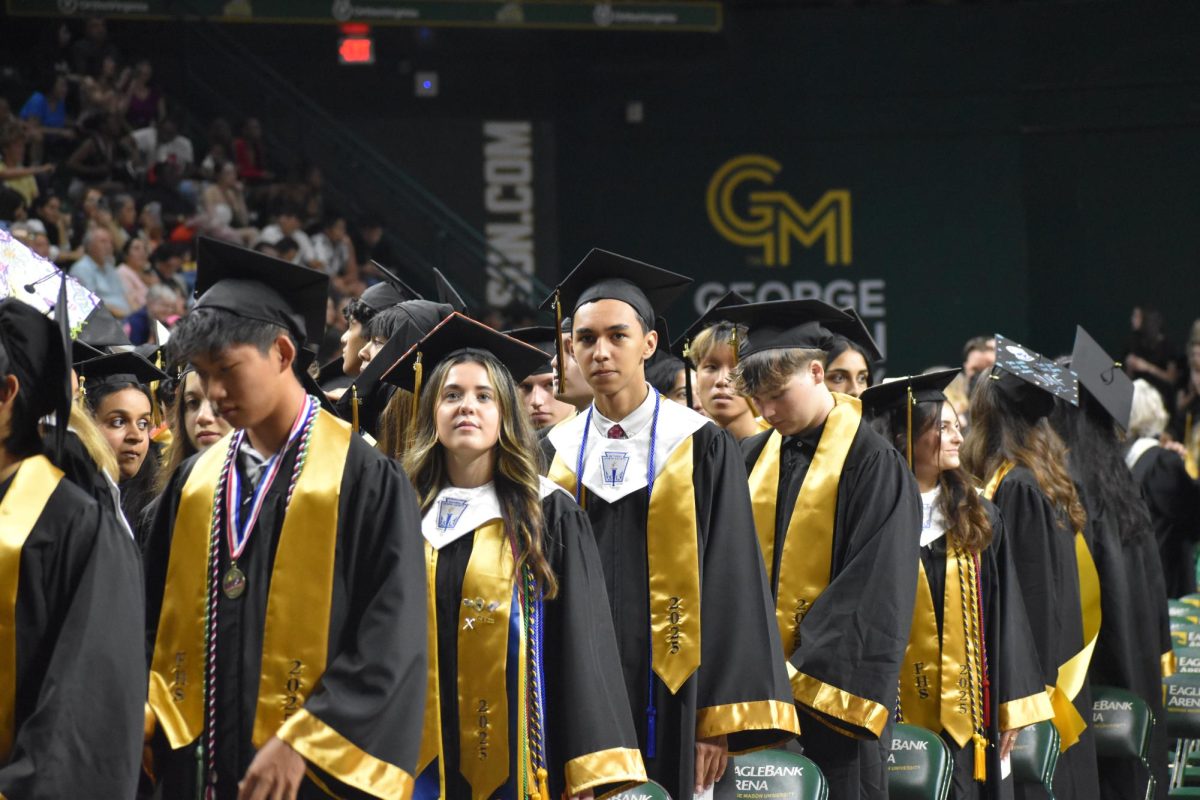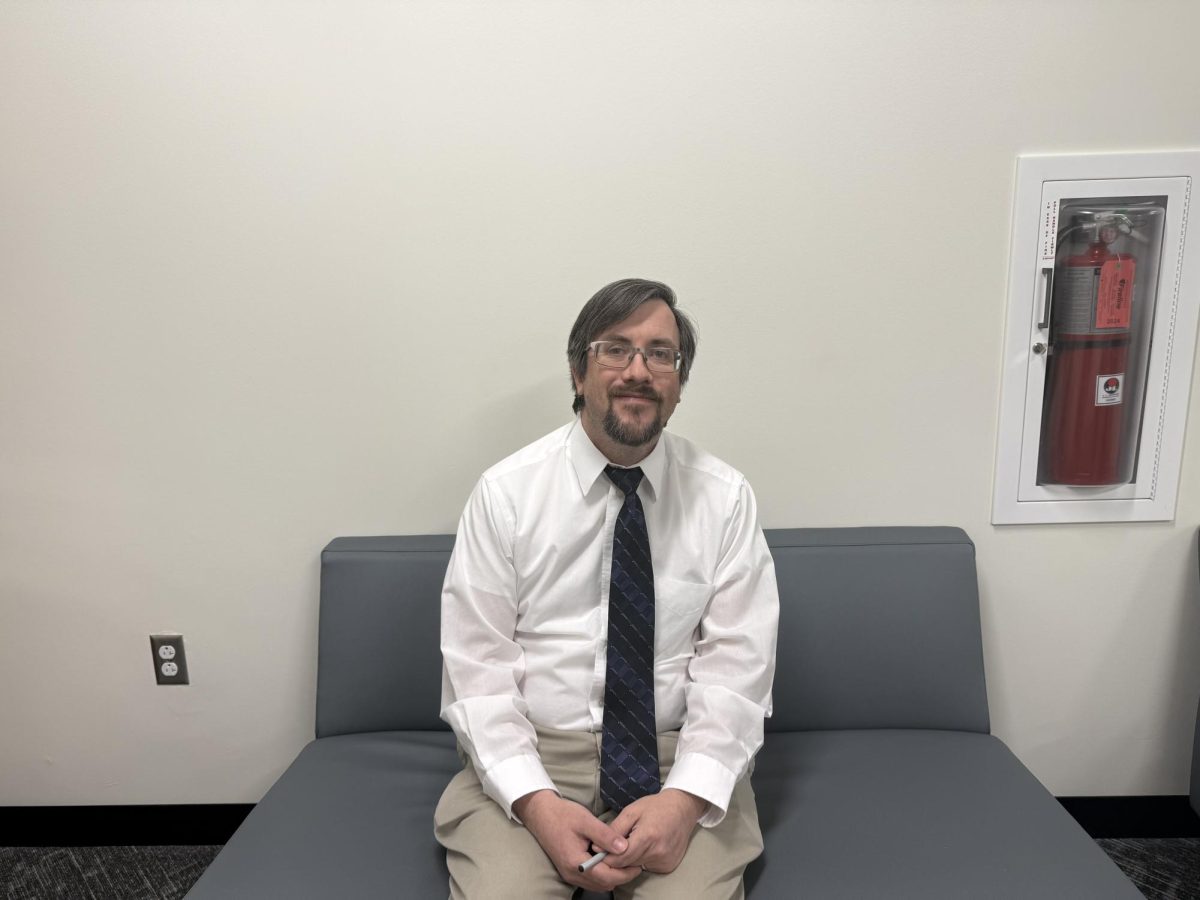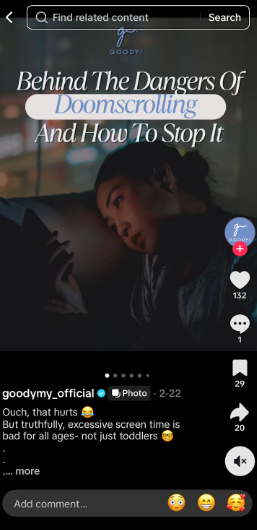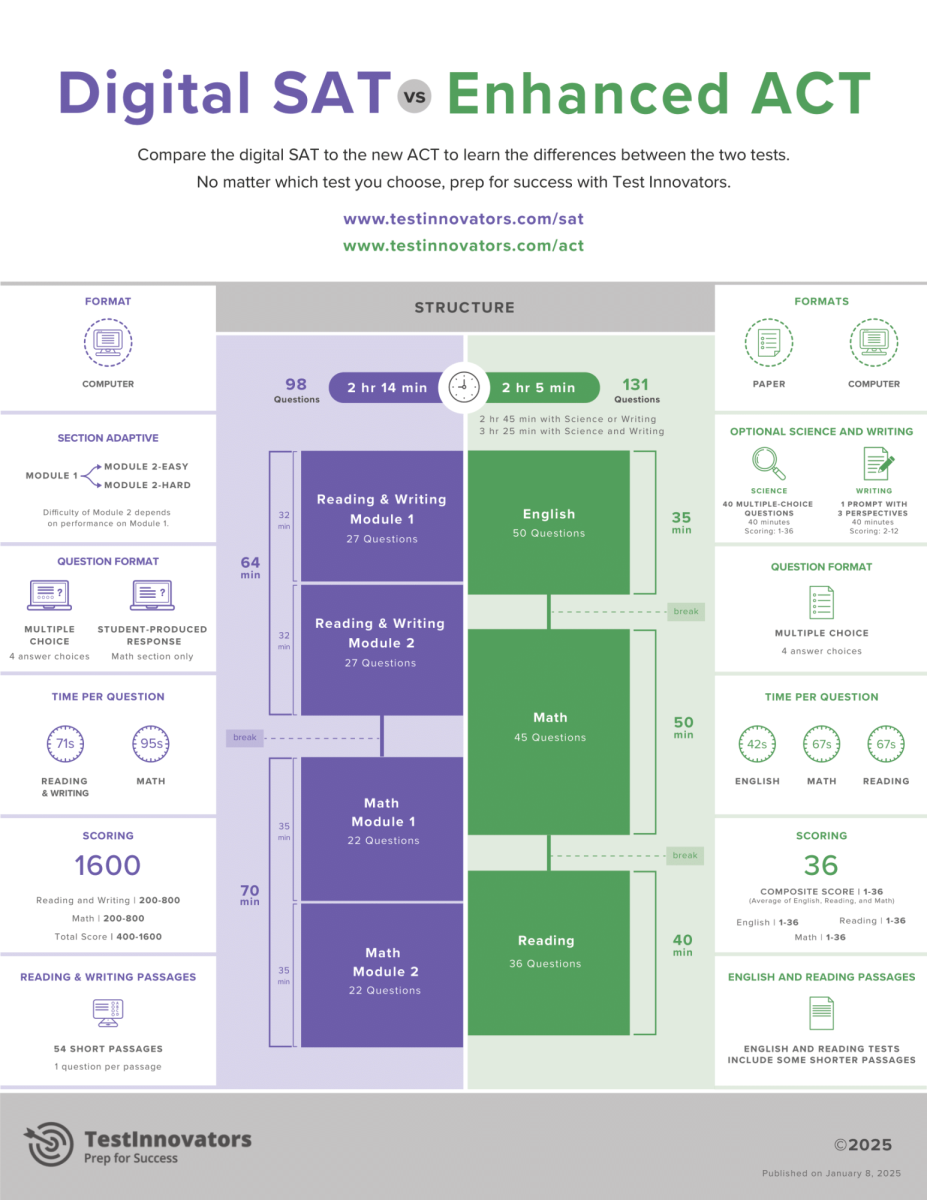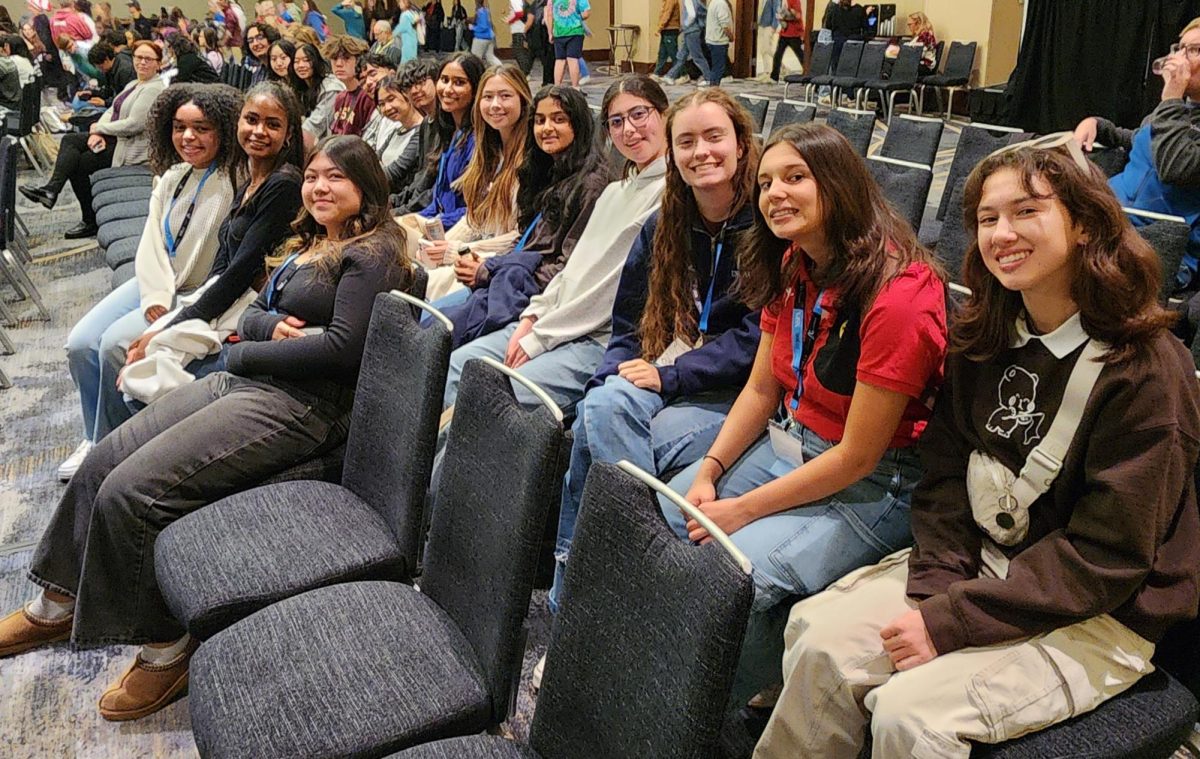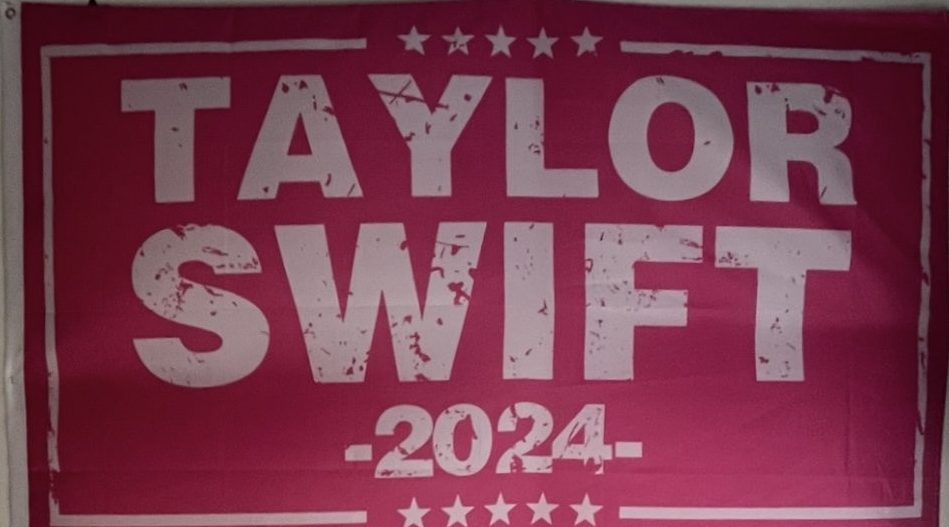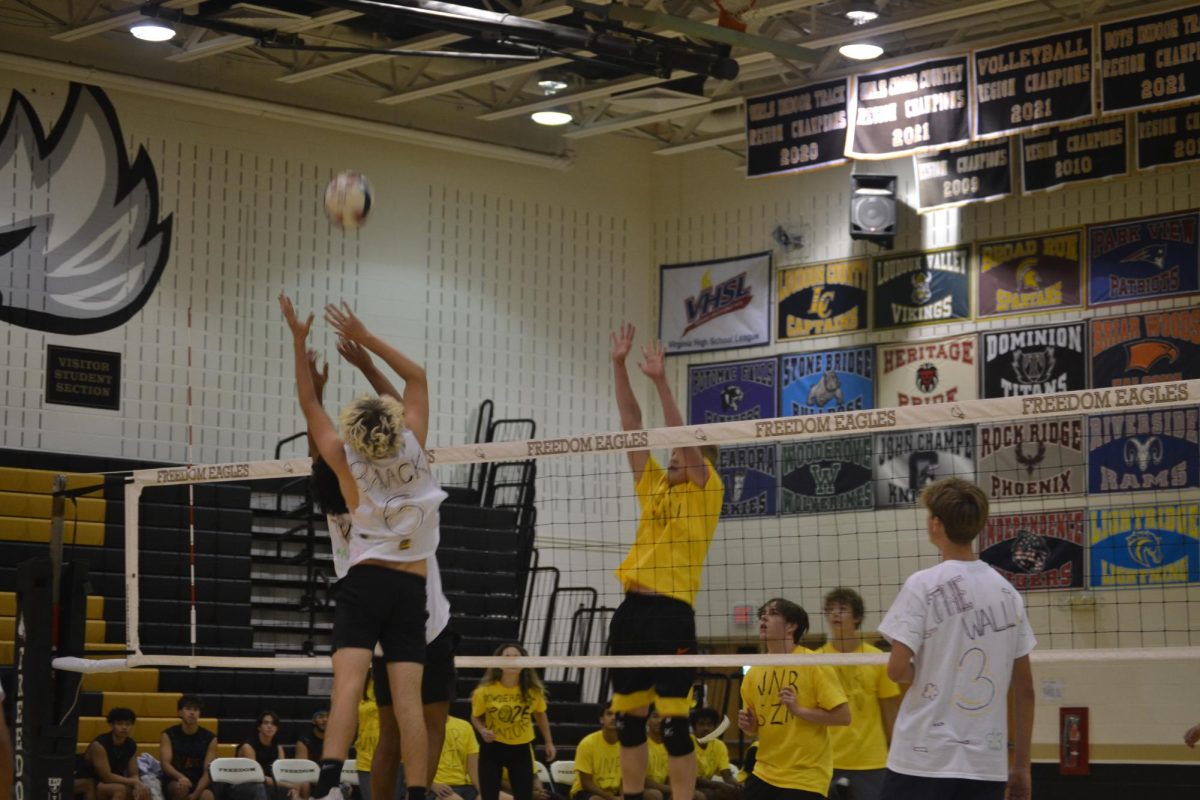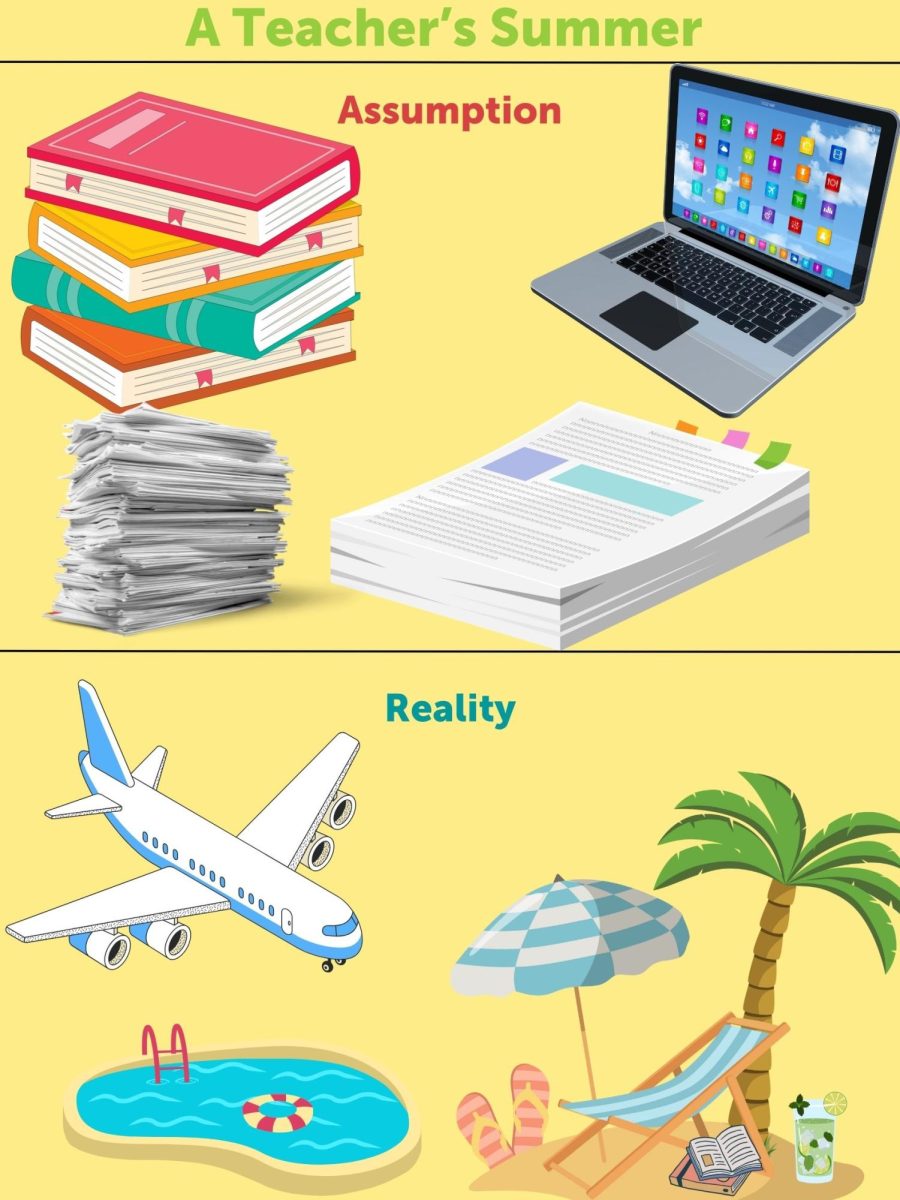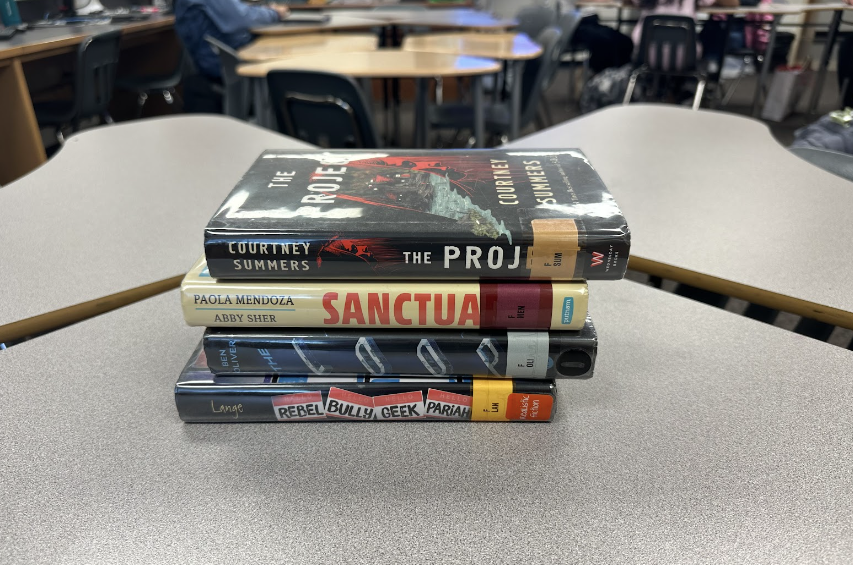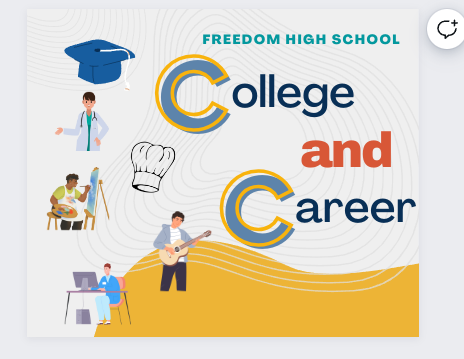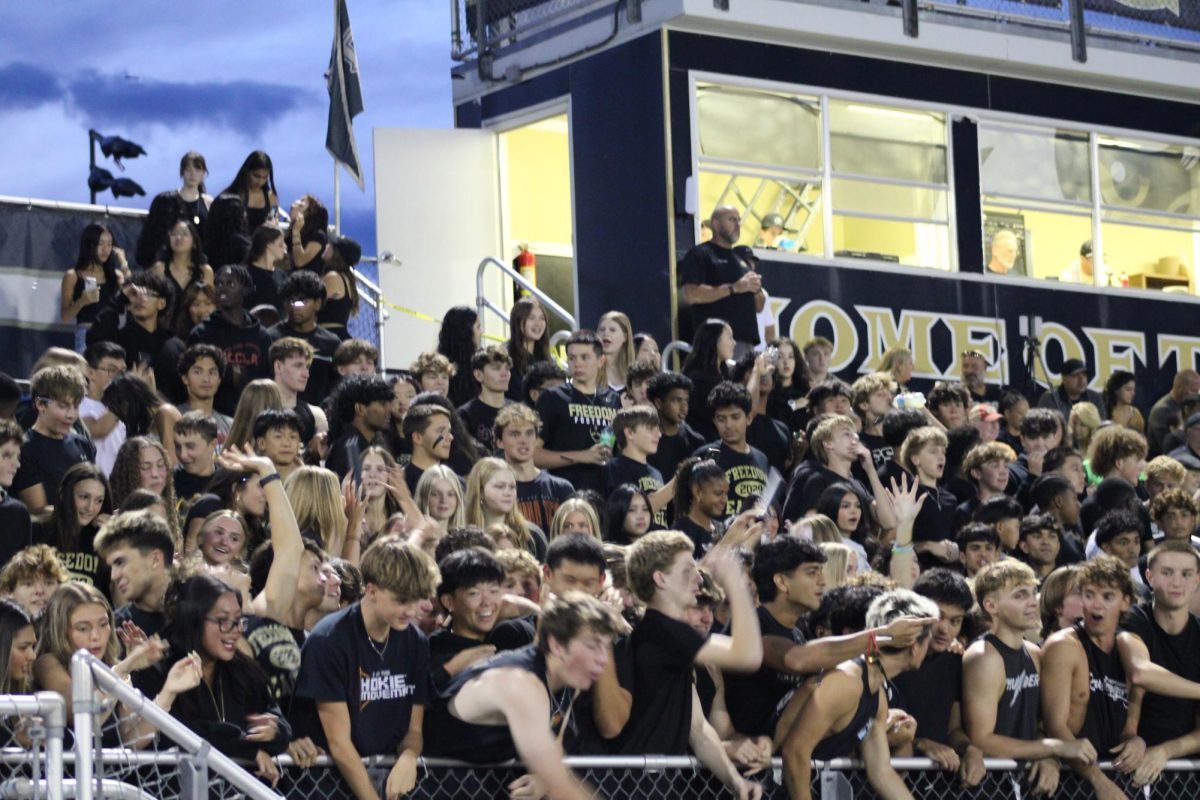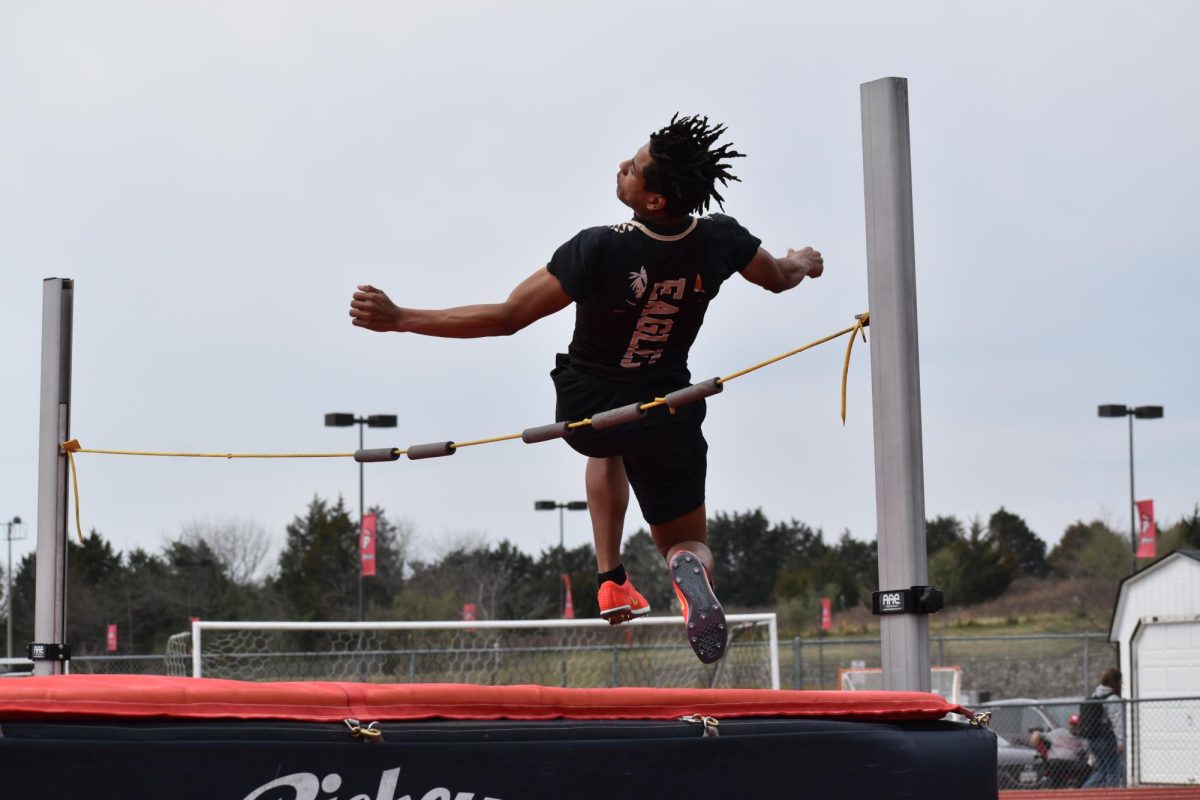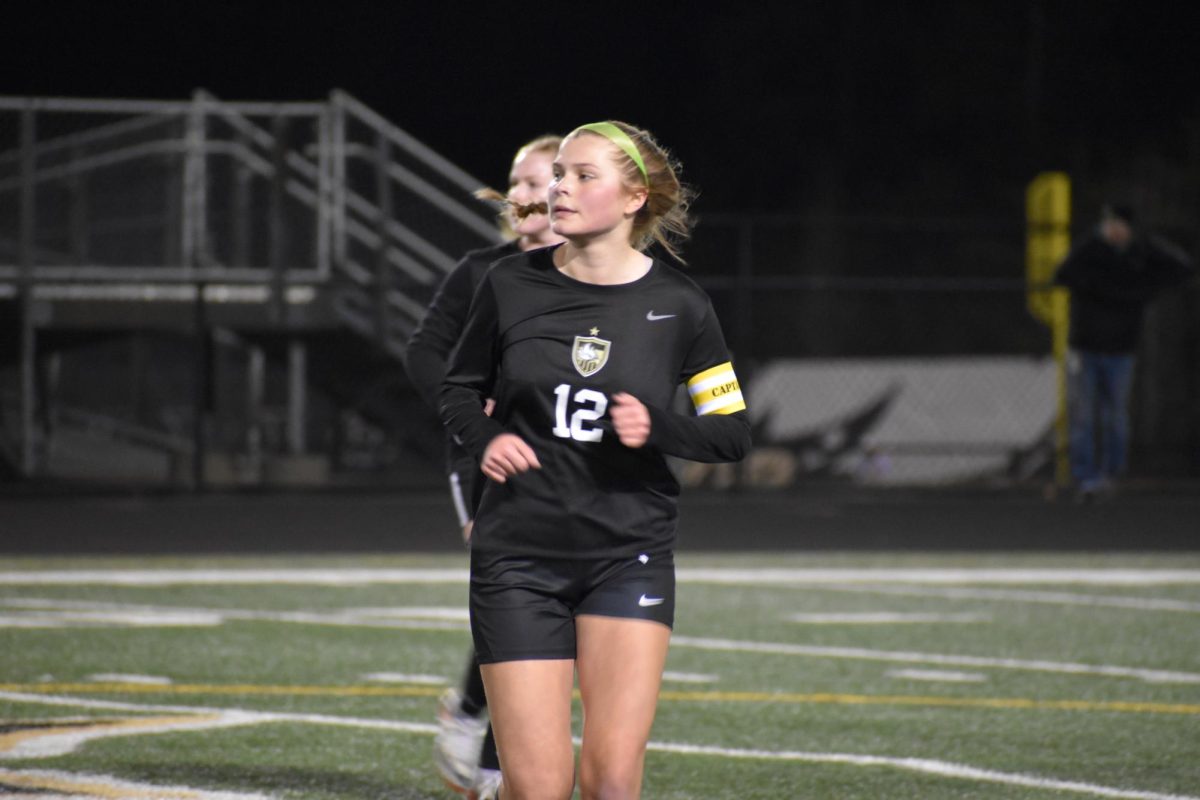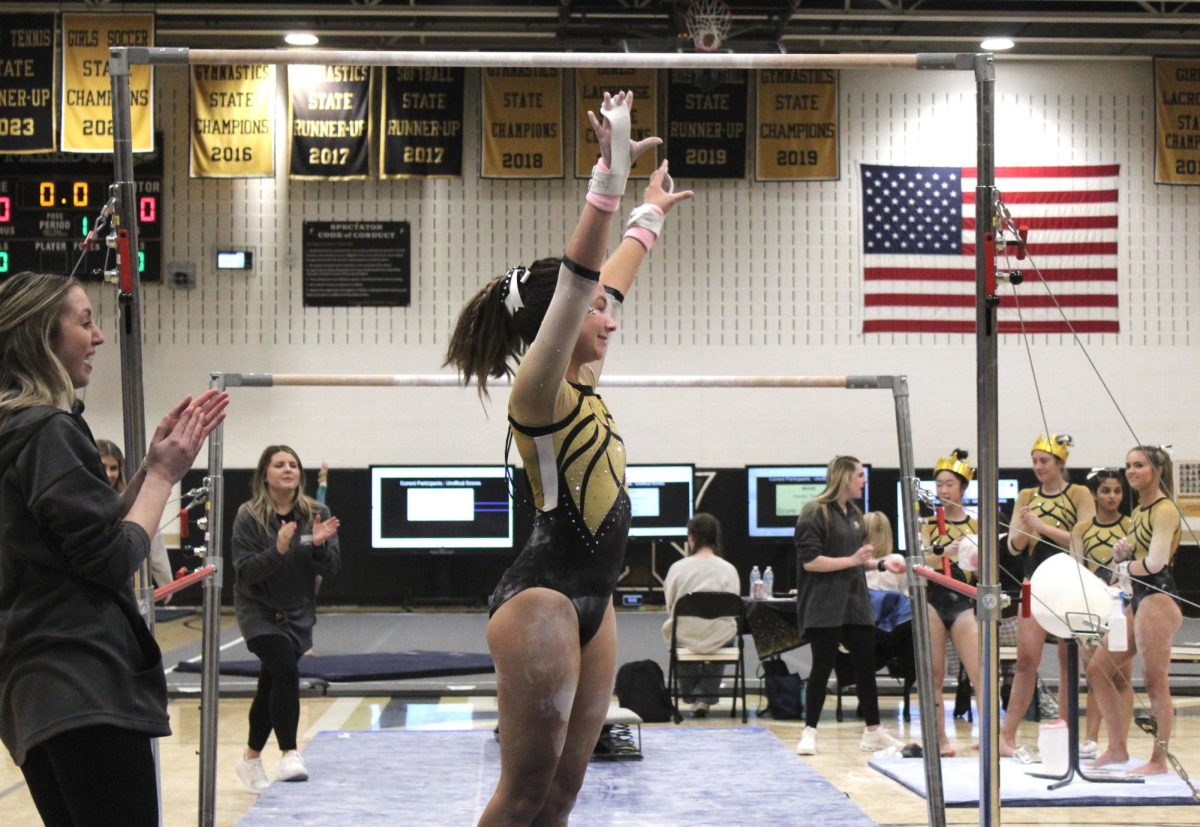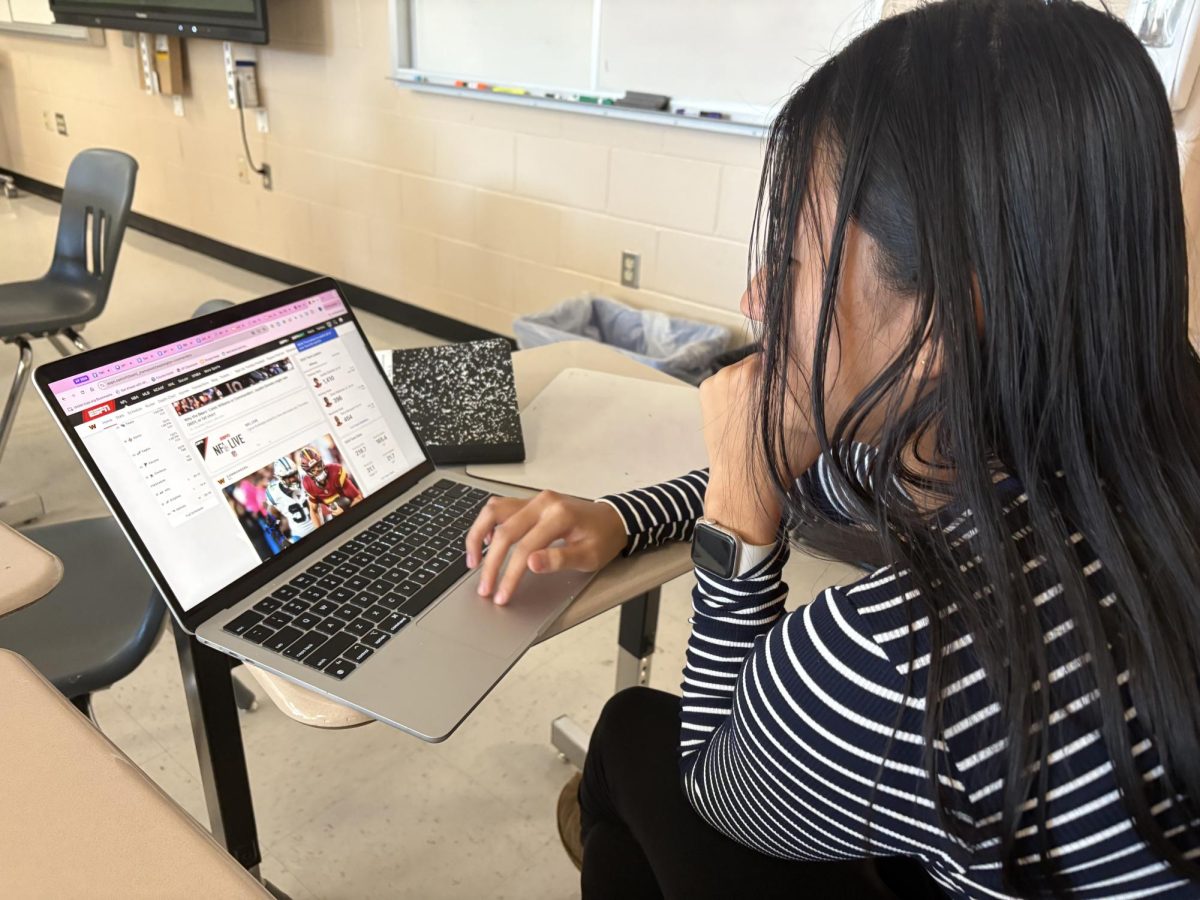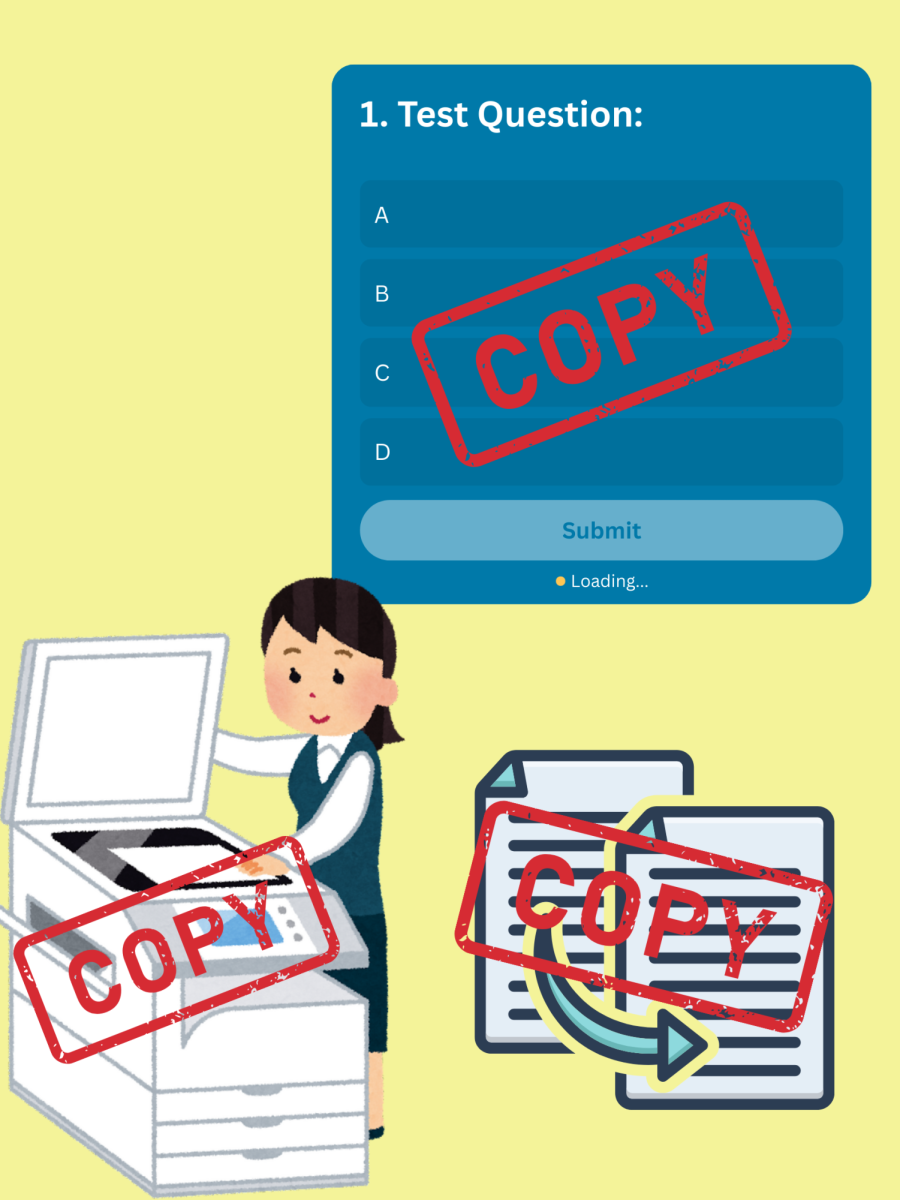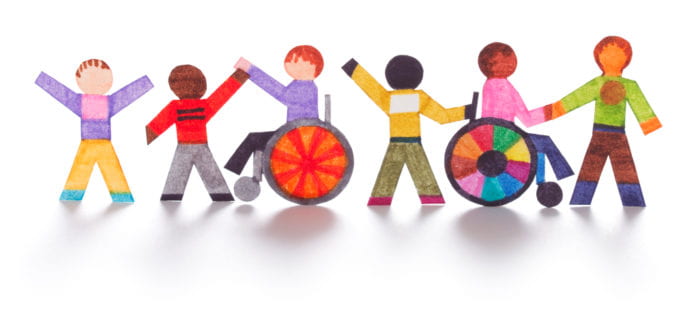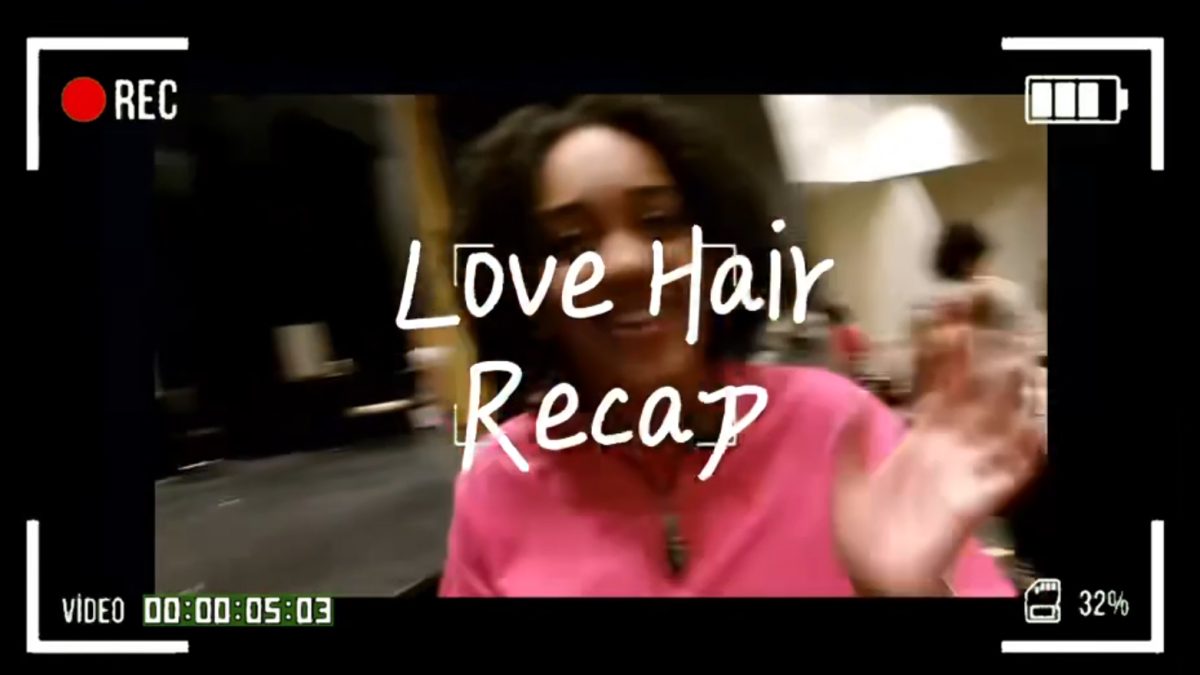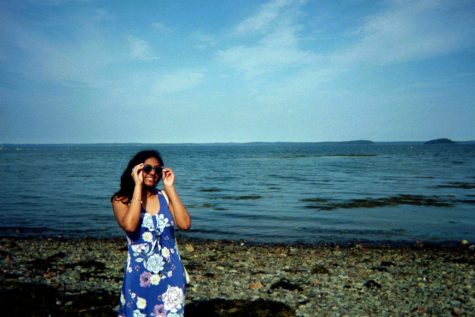Distance learning, one of many changes brought by COVID-19, has proven to be a real challenge for students and teachers at Freedom High School, especially for those who are part of the Special Education Program.
Patricia Lodi, a special education teacher at Freedom, acknowledges that there are many hurdles in the virtual learning world for her and her students.
“Our kids, they do struggle,” Lodi said. “I would say the number one thing that we faced in spring and even now in fall, is that our kids really struggle with technology. It can [also] be challenging at times for our kids to complete tasks because they don’t have somebody on them constantly to tell them ‘you need to turn in your work’.”
Other challenges include the wide range of students to be accommodated for, methods of accommodation, lack of focus and communication.
“It’s very hard for me as a teacher you know,” Lodi said. “I’ll try to show them, but sometimes what I say as a teacher is different from what you hear as a student.”
Speaking of students, it is safe to say that many would prefer to be back in school.
“I like it better in school,” said junior Lauren Keffer. “I like my teachers and friends.”
They also find it much easier to learn and participate when they’re physically at school.
“We connect in the school with real learning rather than virtual learning,” sophomore Stanley Yancey said.
Despite their struggles, members of the FHS community have proven to be resilient and remain optimistic about the situation.
“Online school is not so bad though,” Yancey said. “It’s not my favorite, but at least we have some way to communicate.”
They even took one of their greatest weaknesses, technology and viewed it in a positive light.
“What’s happened is that they’ve started to develop a skill,” Lodi said. “They’ve now been able to learn the basics of using a computer. Trying to find a job, especially for somebody who has a severe disability, is very hard; and so having this as a skill is going to be very valuable for them in the future.”
Special Education department chair Saba Fatmi, who has been working for more than 25 years, has also learned much about technology in the past few months.
“I don’t think I’ve had as many training sessions as I had in the last 4-5 months,” Fatmi said. “Within this time, I’ve had over 15 of them, which is a great thing because I wouldn’t have been able to learn so much about technology otherwise. So this is a good opportunity.”
Francis Hosti, a TA and assistant coach for Freedom Wrestling, talks about how it’s been a very different situation compared to past years.
“[It is] such a huge change for me not being able to leave the house, not being able to see the class or my wrestlers,” Hosti said. “I’m a very big creature of habit, so the change of routine kinda jacked me up, but once we got back, I just realized how much I missed these guys,you know, I would take anything I can get. We’ve been doing the best we possibly can with what we have.”
The anticipated return to school won’t be too long for some. The school board has decided that on Oct. 13, students with disabilities who follow the Aligned Standards of Learning (ASOL) curriculum will be permitted to come back to school two days a week. Assuming this plan will go into effect at the given time, teachers and admin will be given an N-95 mask and will only be allowed in if heavily protected. This may perhaps be the first step in returning to normalcy.

